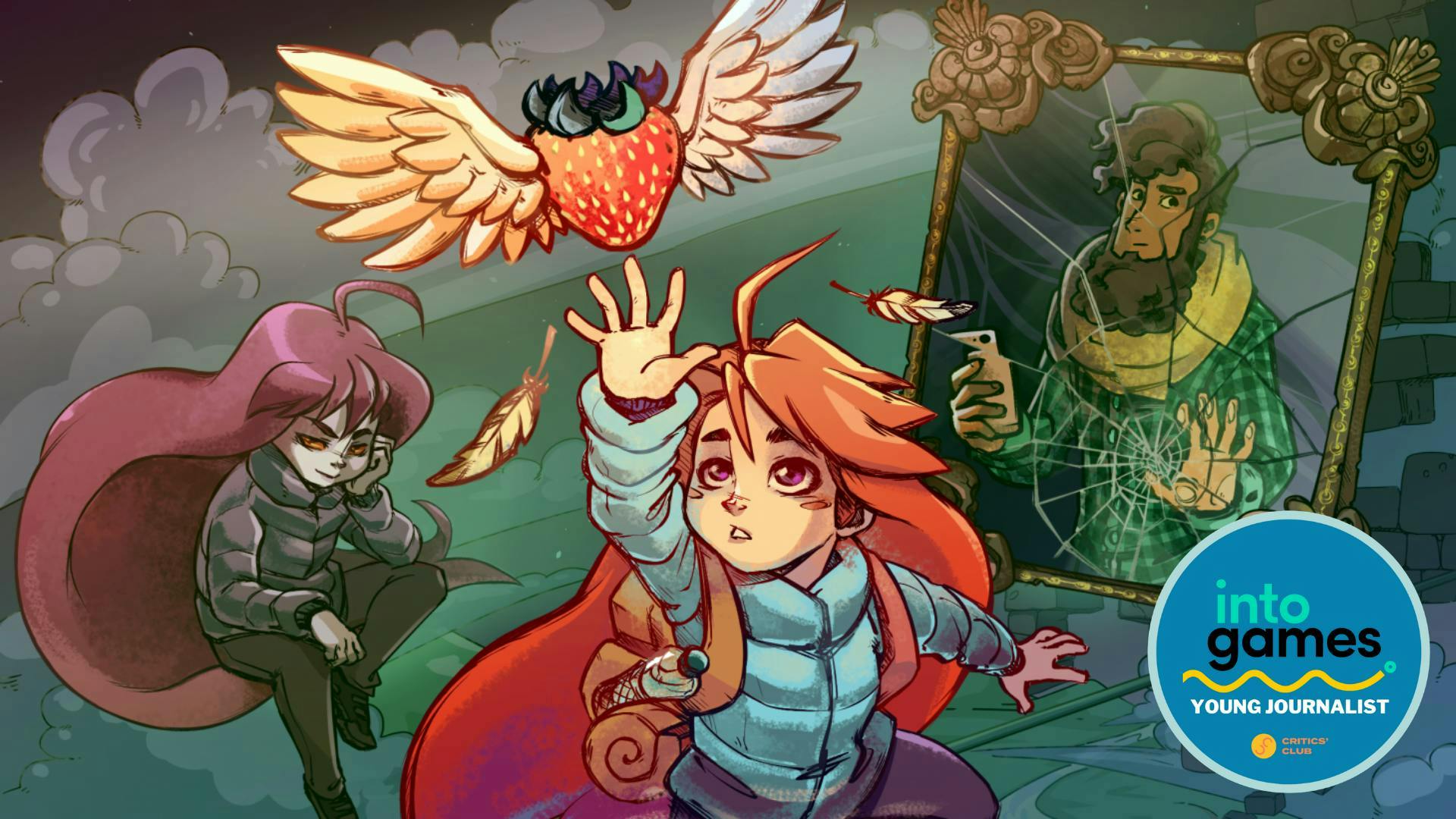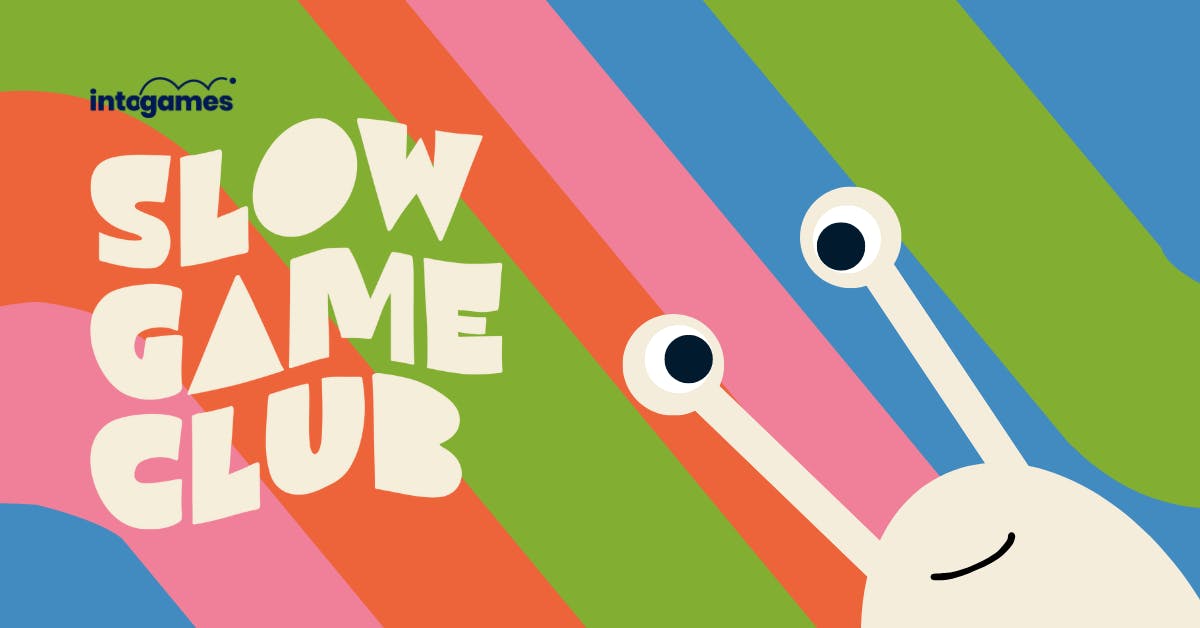
14 December 2020
Celeste as an Allegory for the Trans Experience

Into Games Young Journalist in partnership with Critics' Club teamed up professional games journalists with aspiring writers from underrepresented genders between 14 and 18. Over the course of a day, participants took part in workshops on reviews, features, various techniques and finding their unique critical voice. Their final pieces are published on the Into Games and Critics' Club websites.
Celeste is a game known for being notoriously difficult, yet incredibly popular. The crux of Celeste’s addictive and enthralling gameplay lies in two simple concepts: struggle and reward. It can be deeply, deeply frustrating: but never discouraging. The complete sense of euphoria when you finally finish an arduously difficult level is Celeste’s driving force. As a trans person, I see a lot of real life in that. Being trans can be a really challenging experience sometimes; just facing the world has an extra layer of complication that is invisible to any cis person. But it is also so, so worth it. Being trans does feel like climbing an invisible mountain of dysphoria and difficulty, but the feeling of reaching the top of that mountain, being able to be comfortably myself? And therefore thrive? It’s something I wouldn’t trade for the world.
The magic of Celeste is rooted in its subjectiveness, its main message is to embrace the things about yourself that bring you down, or that you don't quite understand. Only once you embrace them, work alongside them, can you reach your full and limitless potential. You spend a good chunk of the game trying to fight the side of yourself you don’t want to show, only to realise that the only way to get to your objective is to embrace that side, to listen to it and to become whole with it, even if it's scary. This can of course be applied to anything the player themselves is facing: be it anxiety and mental health, grief or just the general pressures of life, it is unquestionable that everyone has parts of themselves they wish that nobody had to see - but it is undeniably a perfect allegory for the trans experience.
The protagonist, Madeline, has all these seemingly ‘negative’ parts of her physically represented by what she sees when she looks in the mirror. I’m sure so many people know what it is like to look in the mirror and not like what you see, but for any non-cis person that feeling is all too recognizable. I can spend hours staring at myself and picking the parts of me that are too girly or aren’t girly enough, the things I wish I could change or not have at all - it is a familiar and painful ritual. The creator of Celeste, Maddy Thorson, now identifies as non-binary and describes the game as something ‘written and designed by a closeted trans person who was struggling with their gender identity’ and upon being asked if “Madeline is trans?”, answered:
“Well, yeah, of course she is.”
In my opinion, Celeste is a masterpiece. Widely considered one of the best indie games of all time, it provides a fresh take on the platforming genre which manages to be, despite its overtly simple controls, resourceful and captivating in its gameplay. It combines incredible music (composed by trans woman Lena Raine!) with stunning visuals and, most importantly, a story drenched in self-reflection which allows it to become an incredible, poignant and profoundly meaningful tale of Trans people’s pride and power. Trans media is incredibly vital - and Trans people get very little representation a lot of the time, so something that allows their stories to be told, understood and - most importantly - empathised with in the stunning and interactive way that Celeste does is something crucially and ever-increasingly important.
By Jase Smith
Stay up to date
It's time to level up your inbox
Pick which newsletters you're interested in receiving, and customise further by specifying a discipline.
Join our mailing listTell me more






